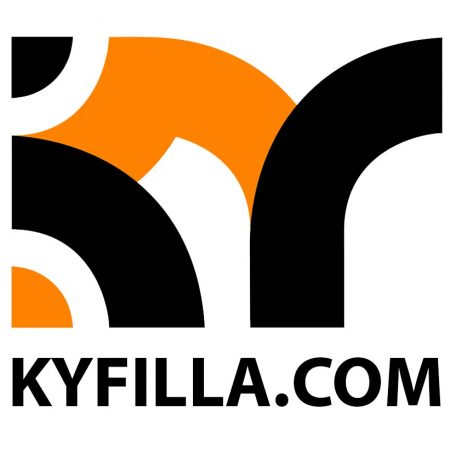In a landmark ruling, the Supreme Court has affirmed the Food and Drugs Authority’s (FDA) ban on celebrity endorsements of alcoholic beverages. This decision brings to a close a highly publicized legal battle that began nineteen months ago, initiated by Mark Darlington Osae, CEO of Black Kulcha Music.
On Wednesday, June 19th, Chief Justice Gertrude Torkornoo delivered a concise summary of the court’s decision, declaring that the FDA’s directive does not violate the Constitution. This ruling effectively prohibits public figures and professionals from appearing in advertisements promoting alcoholic drinks.
In 2015, Ghana’s Food and Drugs Authority (FDA) implemented regulations aimed at controlling alcohol consumption. A key aspect of these guidelines prohibited celebrities from promoting alcoholic beverages. The FDA argued that due to their significant influence, celebrity endorsements could encourage underage drinking.
In 2022, Mark Darlington Osae, manager of musical groups Reggie ‘N’ Bollie and Skrewfaze, filed a lawsuit with the Supreme Court. Represented by Bobby Benson of the Robert Smith Law Group, Osae challenged the FDA’s 2015 regulations, alleging that they unfairly discriminated against the creative arts industry. The FDA was represented by Justine Amenuvor.
The writ indicates that the FDA directive which orders that, “no well-known personality or professional shall be used in alcoholic beverage advertising,” is inconsistent with and in contravention of articles 17(1) and 17 (2) of the 1992 Constitution.
He contends that Articles 17(1) and 17 (2) of the 1992 Constitution guarantee equality before the law and prohibit discrimination against persons on grounds of social or economic status, and occupation, among others, and consequently make the directive null, void, and unenforceable.
Creative industry persons including Wendy Shay, Shatta Wale, Brother Sammy, Kuami Eugene, and Camidoh, have all spoken against the law and called on powers to repeal it, before the court action initiated by Mark Darlington.
According to the stakeholders of the culture and creative industries, endorsements or advertisements of alcoholic beverages is one of the very few income streams available to them at present, therefore, any law that restricts their engagement in such activities robs them of their livelihood.


